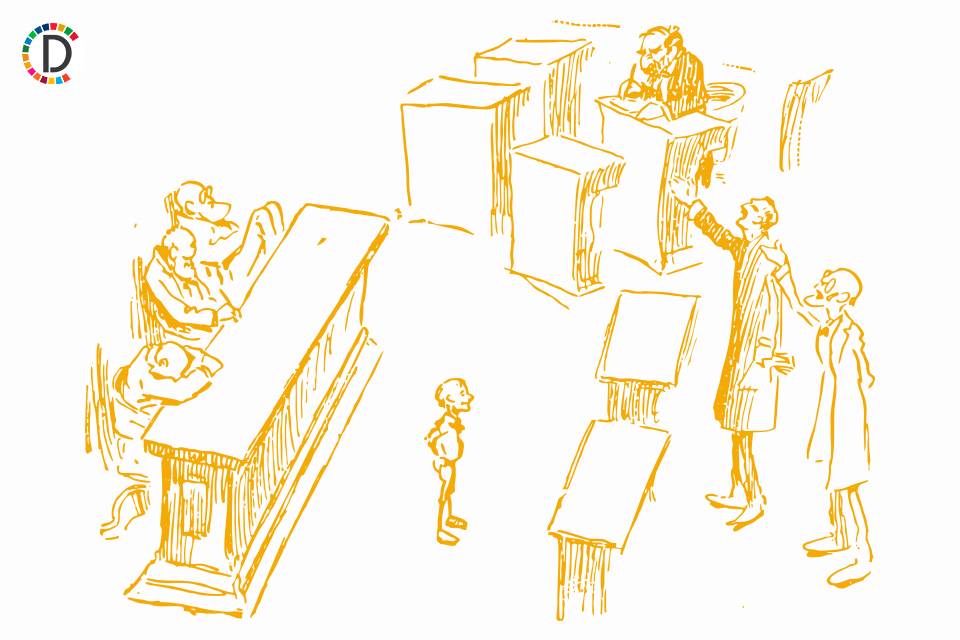Fleeing war in Ukraine, Russians find a home in Montenegro
Gelman said that among Russians seeking refuge in Montenegro were wealthy business people and their families, as well as young Russian draft dodgers fleeing military conscription to avoid being deployed to fight in Ukraine. "Parents are ...

Not long after Russia launched its invasion of Ukraine, former opposition activist Elena Zaslavska was at her apartment in downtown Moscow when there was a knock on the door from the police. Their questions about the purpose of her recent trips to Dubai and Canada were easily answered - Zaslavska had gone to visit her sons who live there. But to the 60-year-old retired physicist and her husband the police visit was a clear warning.
Within days the couple had packed their bags and were headed for Montenegro, a tiny Balkan state that has become a refuge for thousands of Russians fleeing sanctions, military conscription, or political oppression. "There was no possibility of remaining in Russia under its current government because everything that goes on there was incompatible with our views," Zaslavska said.
They have settled in Lastva Grbaljska, a village near the Adriatic, where life is calm and the climate is pleasant. They survive on their pensions. Another Russian to have made Montenegro his permanent home since the invasion is Marat Gelman, a prominent gallerist and outspoken Putin critic.
Last December the Kremlin placed him on a list of 'foreign agents' who must register and declare any funding or donations from abroad, and he has not returned home since. Montenegro, home to just 620,000 people, once enjoyed close ties with Russia, but these soured over Montenegro's decision to join NATO despite warnings from Putin that its accession to the Western alliance was bound to result "in retaliatory actions".
In 2016, Montenegro accused Russian intelligence officers and Serbian nationalists of attempting to topple its pro-Western leadership, something Moscow dismissed as absurd. The country has nevertheless remained a popular destination for Russians, who can enter Montenegro without a visa and stay for 30 days before needing a residency permit.
According to government data, Russians own around 19,000 pieces of real estate in Montenegro, where Russian investments equaled more than a quarter of its GDP in 2019. Gelman said that among Russians seeking refuge in Montenegro were wealthy business people and their families, as well as young Russian draft dodgers fleeing military conscription to avoid being deployed to fight in Ukraine.
"Parents are ... using their last money to buy their children tickets to Montenegro and they are renting them (accommodation) here, so they would not end up in that war," Gelman said. COMPANIES MOVING IN
Businesses are also relocating to Montenegro, which is in the process of becoming a European Union member. In April, the country joined EU sanctions against Moscow, including banning Russian air carriers from its airspace as well as Russian state media.
Artec3D, a Luxembourg-based manufacturer of 3D scanners has recently moved its research and development branch from Moscow to a building overlooking the sea in the southern village of Utjeha. Owner Artyom Yukhin said 50 employees and their families had accepted an offer to move from Moscow to Montenegro. His company had been already been looking for a new location in Europe but "the war pushed us to do it more quickly", he said.
Meanwhile, neighboring Serbia has also received an influx of thousands of Russians since the invasion. According to the state Business Registers Agency, between Feb. 24 and May 5 alone, Serbia registered around 480 individual entrepreneurs and over 190 companies from Russia. "Entire offices, (groups of) 200 and 300 people are flying in," said Mikhail Lukyanchenko, 45, a software engineer and a developer from Russia's southern city of Rostov on Don.
Lukyanchenko said he realized it was time to leave Russia "when it all started on (Feb) 24." "I want to return home, I want to live at home, but how the things are developing, I cannot live there now."
(This story has not been edited by Devdiscourse staff and is auto-generated from a syndicated feed.)










